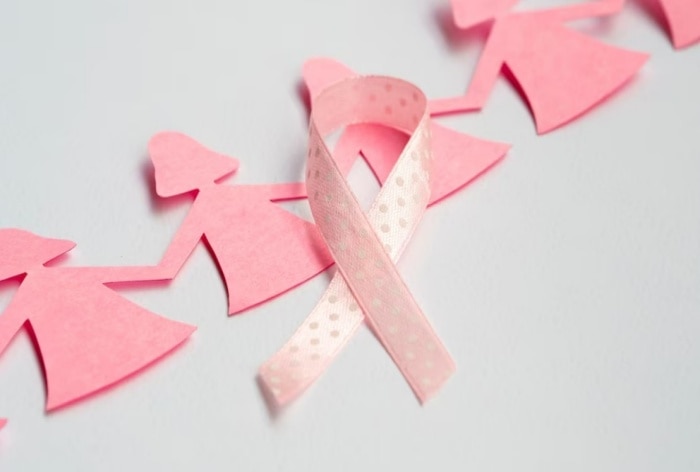A recent Lancet study on cancer in women revealed how gender inequality has contributed to poor health conditions and why we must have a ‘feminist approach’ to deal with it.

Cancer is a leading cause of death across the globe. Every year millions of people succumb to this deadly disease. A recent Lancet report titled -‘Women, Power and Cancer’- unveiled how women are prone to developing health problems and how patriarchy has a role to play in it. The report sheds light on how social differences, gender inequality and discrimination have contributed to poor health conditions for women. It emphasises how lack of knowledge and accessibility has set women’s health behind in –
cancer prevention, cancer detection and cancer care
The journal concluded that there is an urgent need for gender and sex-inclusive policies and guidelines, while also pointing out that women are not often in a position where they can determine the nature of their care.
WHAT IS THE ‘FEMINIST APPROACH’ IN CANCER CARE?
Health experts from across the globe have pointed out how a ‘feminist approach’ is required to eradicate these inequalities. As per research, 800,00 women die every year because they do not have proper access to optimal care.
The largest report of its kind, which studied women and cancer in 185 countries, found unequal power dynamics across society globally were having “resounding negative impacts” on how women experience cancer prevention and treatment.
“Our commission highlights that gender inequalities significantly impact women’s experiences with cancer. To address this, we need cancer to be seen as a priority issue in women’s health, and call for the immediate introduction of a feminist approach to cancer.”
After a commission was set up that brought together a multidisciplinary and diverse team from around the globe. It included experts in gender studies, human rights, law, economics, social sciences, cancer epidemiology etc. to evaluate and analyse how women experience cancer globally. Therefore, they are calling for a new feminist lens to eliminate the inequality that poses a setback for women and their health.
The Gender Gap
“The impact of a patriarchal society on women’s experiences of cancer has gone largely unrecognised,” said Dr Ophira Ginsburg, a senior adviser for clinical research at the National Cancer Institute’s Centre for Global Health and a co-chair of the commission, as per report by Guardian.
“Globally, women’s health is often focused on reproductive and maternal health, aligned with narrow anti-feminist definitions of women’s value and roles in society, while cancer remains wholly underrepresented.
Breast cancer and cervical cancer are usually the major causes of concern, however, it is important to understand that lung and colorectal cancer also are among the top three cancers that have claimed the lives of thousands of women.
